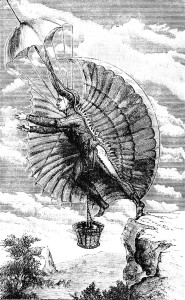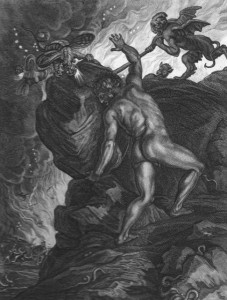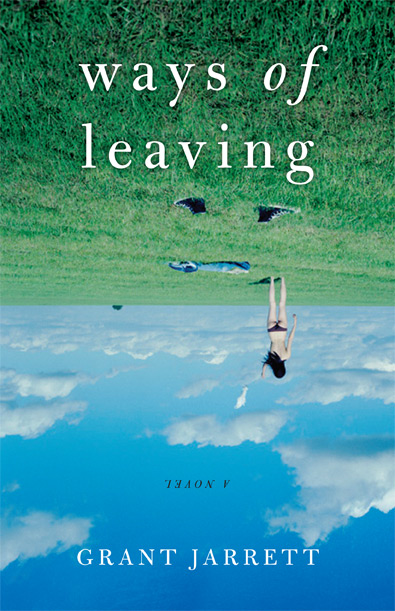After conspiring with author Gay Degani, the talented and generous Susan Tepper invited me to join April Bradley’s literary blog tour about the writing process. Here is my contribution:
1). What are you working on?
This summer has been virtually consumed by marketing my novel and getting my baseball-addicted son to and from 47,323 little league games. But in the rare logistical interstices between those undertakings I’ve been attempting to gain traction on the two aspiring novels I started months ago, or, when I tire of the smell of burning rubber, furrowing my brow at the 60,000-word oddity I thought I’d finished four years ago. I’m still not sure all those damned words (about two old homeless men who are unaware that they share a scarring history) constitute a complete, compelling, cogent work of fiction, so I read and revise and wonder and grunt and twitch like a jellyfish in a blender. It feels as though I’m doing too much and too little at the same time, but in my hopeful (by which I mean deluded) moments I’m convinced something will fall together before I fall apart. What I really need is to land on one thing, wrestle it to the ground, and then teach it to fly. I’ve promised myself a productive autumn, but I’m not sure I trust me.
2). How does your work differ from the work of others in the same area/genre? (April Bradley added this observation to the question: Genre is such a confining word, isn’t it?)
Like most of my work, Ways of Leaving doesn’t fit easily into any category I know of, which is fine with me, if not with the publishing world. I would simply describe it as dark, humorous, and (gulp) literary, with a focus on character. Of course if I did that, nobody would even look at the cover. Oops.
Thomas McGuane and George Saunders are two enormously talented authors whose fiction could be described as I’ve described my own. What immediately differentiates my work from theirs (and McGuane’s from Saunders’) is voice, that intangible element that distinguishes an author’s work, regardless of “genre,” and makes it unique. And there are other significant differences. Saunders addresses social issues in a fairly direct (though always creative) way, whereas I never have a message in mind when I write fiction, which is not to say that large issues aren’t addressed in the course of the narrative or that readers don’t come away affected emotionally or intellectually. McGuane’s work is generally a bit more subdued than my own, and is often rooted in the American West. Although we employ some of the same tools and techniques, our visions differ and the results are distinctly our own.
3.) Why do you write what you do?
I suppose I write what I write because it is tugging and twisting inside me and wants, or perhaps needs, to come out; because I feel it intensely; and because I perceive in the characters and situations I’ve vaguely imagined something of value, some overarching truth that illuminates some aspect of what it means to be human. At its best, my fiction is an honest, unaffected expression of something I feel or think or need to get rid of so someone else can feel it and I can go have some potato chips.
4). How does your writing process work?
Very poorly, or at least very imprecisely. I have no rituals, unless you include procrastinating, binge-snacking, and napping. For me writing is often hard work, but it is an integral part of me. The most difficult part is getting started, but things usually begin to flow more smoothly when I’ve gotten far enough to know, or at least believe, that what I’m working on will eventually have the capacity to breathe on its own. Once I feel that the work is alive I rarely get stuck, and I’ve learned that when I do it’s because I’m trying to force something that isn’t right, to assert my wayward will on something that has developed a path of its own. The greatest reward is completing something I’m proud of, something touches others the way the affecting, challenging, stimulating, illuminating books I’ve read and cherished have touched me, something that will induce laughter, tears, introspection, multiple orgasms. The downside of completing something is that I then need to start something new. Boulder, hill, boulder, hill, repeat.
Coming soon, Roxana Robinson and Jim Ruland discuss their own writing processes, hopefully making more sense than I did.
Roxana Robinson is the author of nine books: five novels, three story collections and the biography of Georgia O’Keeffe. Her books have been named Notable Books of the Year, by The New York Times, she has twice won the Maine Fiction Award, as well as an NEA Grant and Guggenheim Fellowship. She is currently President of the Authors Guild.
A veteran of the Navy, Jim Ruland is the author of the novel Forest of Fortune, the short story collection Big Lonesome, and co-author with Scott Campbell, Jr. of Discovery Channel’s Deadliest Catch of Giving the Finger. He is the books columnist for San Diego CityBeat and a regular contributor to the Los Angeles Times and Razorcake, America’s only non-profit independent music zine. His fiction and nonfiction have appeared in The Believer, Esquire, Granta, Hobart and Oxford American Magazine. He runs the Southern California-based reading series Vermin on the Mount, now in its tenth year.

